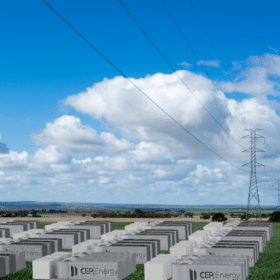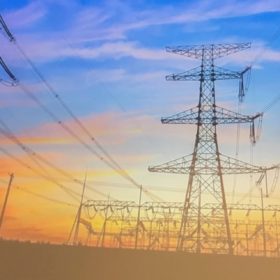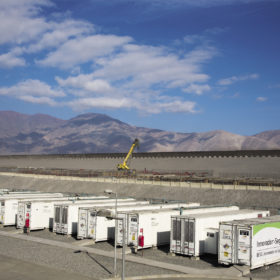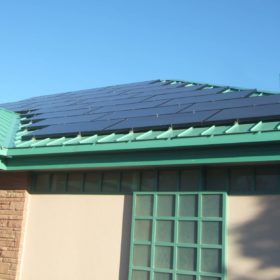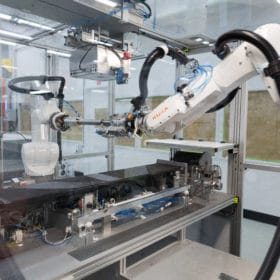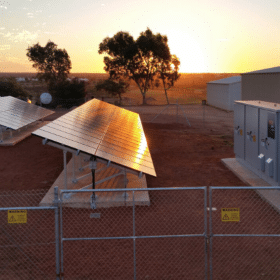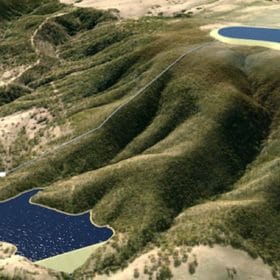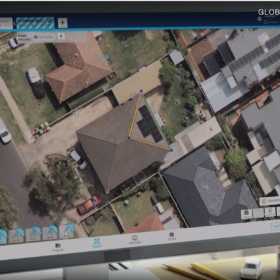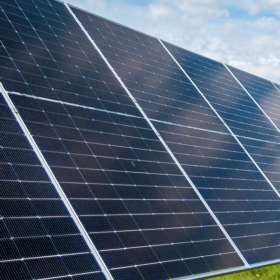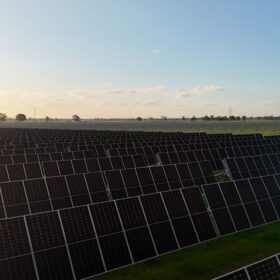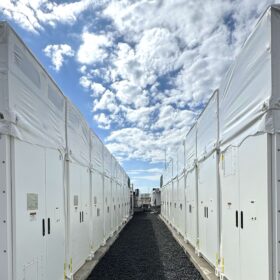The race that stores the nation – world’s largest battery proposed for NSW Hunter
CEP.Energy has joined the race that stores the nation, the race, that is, for big battery supremacy. Joining giants like AGL, Origin Energy and Neoen, CEP.Energy has announced plans for a 1.2 GW megabattery in the Hunter region of New South Wales. The battery is one of four in a 2 GW battery storage portfolio planned throughout Australia.
WoodMac calls for investment in grid flexibility through more ambitious RET
Wood Mackenzie has called on policymakers to revise the Renewable Energy Target with more ambitious goals and, concordantly, large-scale investment in grid flexibility to ensure new renewables can join the grid. If we don’t act in this pivotal moment, WoodMac believes we will be left holding stranded assets.
What role will battery storage have in Biden’s America?
Chip Breitenkamp, of Nanograf, discusses American battery manufacturing, how to ensure a resilient and equitable supply chain, and how to create jobs.
Flexible heat pumps ideal for power grids congested by solar and wind
Dutch transmission system operator Tennet, which also serves Germany, is planning to create flexible electricity demand and reduce grid congestion by promoting the use of smarter heating systems and heat pumps that can also be powered by solar and wind energy. According to its experts, intelligent control of heat pumps may result in the creation of between 0.5 and 1 GW of temporary grid flexibility by 2030.
WA announces state’s largest VPP pilot, allocating $35m
Western Australia’s government has today announced plans to construct what will be the state’s largest VPP to be hosted in the Perth suburb Southern River.
EV battery integration to be streamlined in partnership between cell casing company and aerospace manufacturer
Australian battery casing company, Vaulta, has signed a memorandum of understanding with Quickstep, an Australian aerospace composites manufacturer, to develop smarter technology for renewables. The partnership will likely explore integrating battery casing technology that reduces the number of parts needed to house the batteries in electric vehicles.
New joint venture solidifies WA as standalone power system leader coinciding with launch of nimble Gen 2 solution
Western Australia’s government-owned utility Horizon Power and electrical engineering company Ampcontrol have today announced their joint venture Boundary Power, supercharging the state’s standalone power system rollout and broader industry. To mark the occasion, Boundary Power has also unveiled its new, modular SPS Gen 2 and announced a $10 million deployment of another 45 off-grid systems across the state.
Atco firming to build 325 MW pumped hydro project in NSW
Canadian behemoth Atco has purchased the rights to develop the 325 MW Central West Pumped Storage Hydro Project in Central West New South Wales and credits the investment to policy certainty from the NSW Government. As a significant firming agent the project is ideally placed in the state’s proposed Central West-Orana Renewable Energy Zone
Tesla sharpens focus on solar
In an earnings call this week, Tesla CEO Elon Musk boldly claimed that the company will soon be “the market leader in solar.”
OpenSolar adds Plenti to its powerful PV sales toolkit
OpenSolar’s latest capability makes unsecured loans from a reputable fintech accessible to consumers, and frees solar sales reps to focus on the main game.
